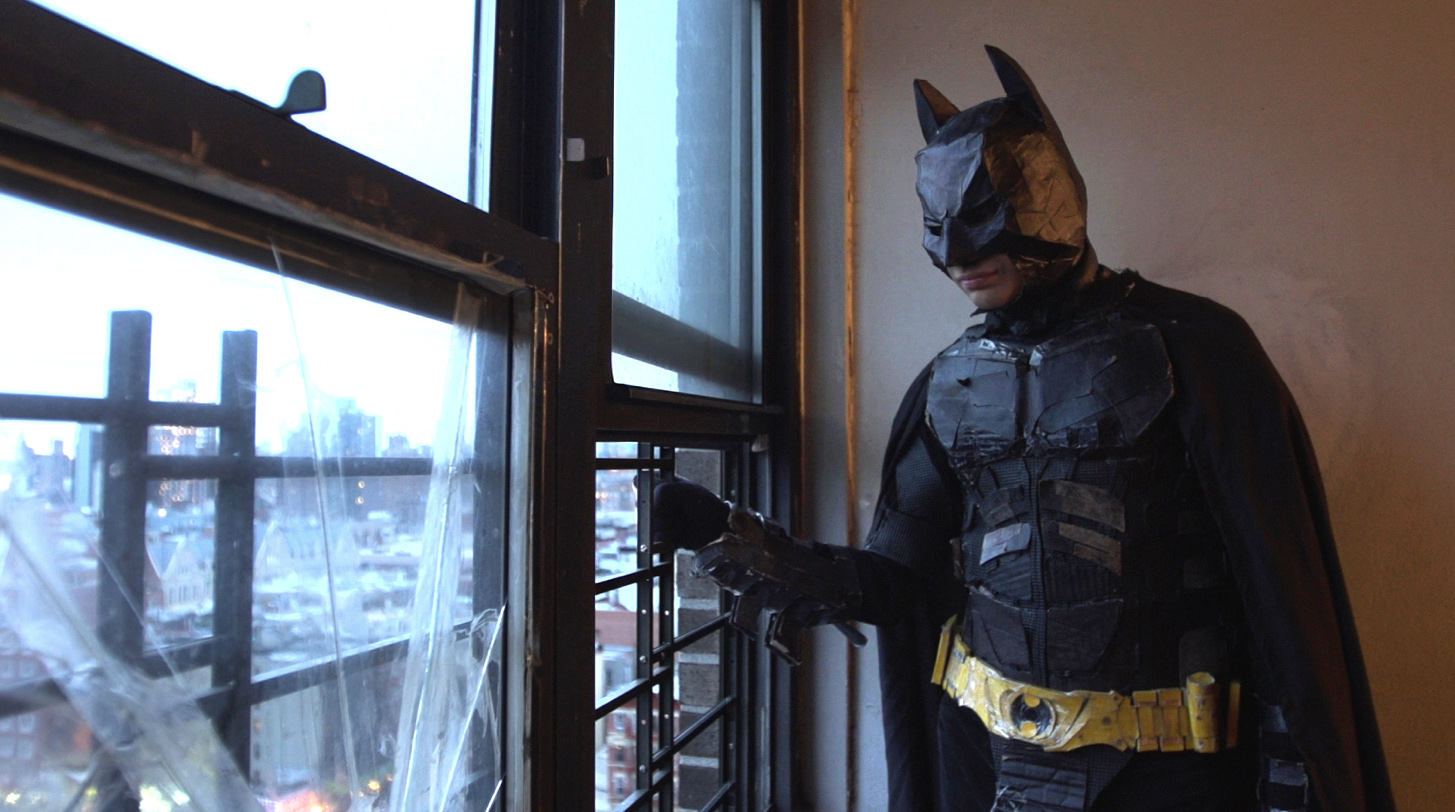by Jade Bate | @JadeBate
Sometimes a great documentary can prove that truth really is stranger than fiction. For Crystal Moselle, the director behind the critically acclaimed documentary feature, The Wolfpack, she found a story so unbelievable and unique that you have to see it to believe it’s true.
So the story goes that Moselle was walking along Fifth Avenue in New York in 2010 when she came across six boys all dressed in black and white suits, sunglasses and sporting long hair. She knew that there was something behind the way they dressed so she befriended the boys, and by doing so, uncovered their incredible story.
The boys Moselle befriended were the six Angulo brothers. Apparently holed up in their tiny New York apartment with their mother, younger sister and strict father for the majority of their adolescence, the boys were only allowed outside a few times a year. Their father Oscar (who we only meet in the last quarter of the film) claims that he didn’t want his children to be exposed to the evils of the outside world. Instead of going to school and meeting other children their age, the boys watch movies all day long, often creating re-enactments of their favourite films to pass the time.
Winner of the 2015 Sundance Film Festival Jury prize, The Wolfpack begins with an exact replication of Quentin Tarantino’s low-budget, cult classic debut Reservoir Dogs. We plunge headfirst into the Angulo’s claustrophobic, bizarre world. On one hand the boys seem startling down-to-earth for people who were kept away from society for the majority of their developmental period, but on the other there is something wholly depressing about their situation. One of the older boys says of their love of re-enacting film, “it makes me feel like I’m living kind of, it’s kind of magical. If I didn’t have movies, life wouldn’t be worth living.”
It’s revealed that the boys had only started defying their father and venturing outside just before Moselle met them. As one of the brothers puts it, “I was 15 years old and I wasn’t allowed to walk out my front door.” The brothers were raised to fear the outside world, to the point where when they finally rebel and go outside, everything feels more heightened and exciting than what regular people would see.
Through the combination of interviews and old VHS home footage taken from when the boys were children, Moselle attempts to shed light on this strange situation, but by the film’s conclusion there are still many questions left unanswered. Domestic and child abuse are only alluded to and a viewer must question the filmmaker’s role and responsibility in a situation like this one.
Most documentaries falter when a filmmaker inserts themselves in their film, but for The Wolfpack Moselle’s personal insights into the family would have further punctuated the outsider-like nature of the documentary and provided us with a greater understanding of how a situation like this could have arisen in the first place.
By the film’s optimistic ending the audience is still left to wonder whether the brothers will ever properly assimilate into normal society. Their joint fears of being ignorant about the world raise some serious questions about their treatment and whether external help needs to be provided for them to appropriately adapt into the outside world.
That being said, The Wolfpack is still an incredibly fascinating and well-made documentary. It’s thoroughly entertaining too; the brothers’ re-enactments of films like The Dark Knight Rises, Pulp Fiction and No Country For Old Men prove that the boys have both great intelligence and passion. Sure it’s not Capturing the Friedmans or Grey Gardens, but this story of a very unique and strange family was definitely one that needed to be told.
3 stars
The Wolfpack is in cinemas now.


